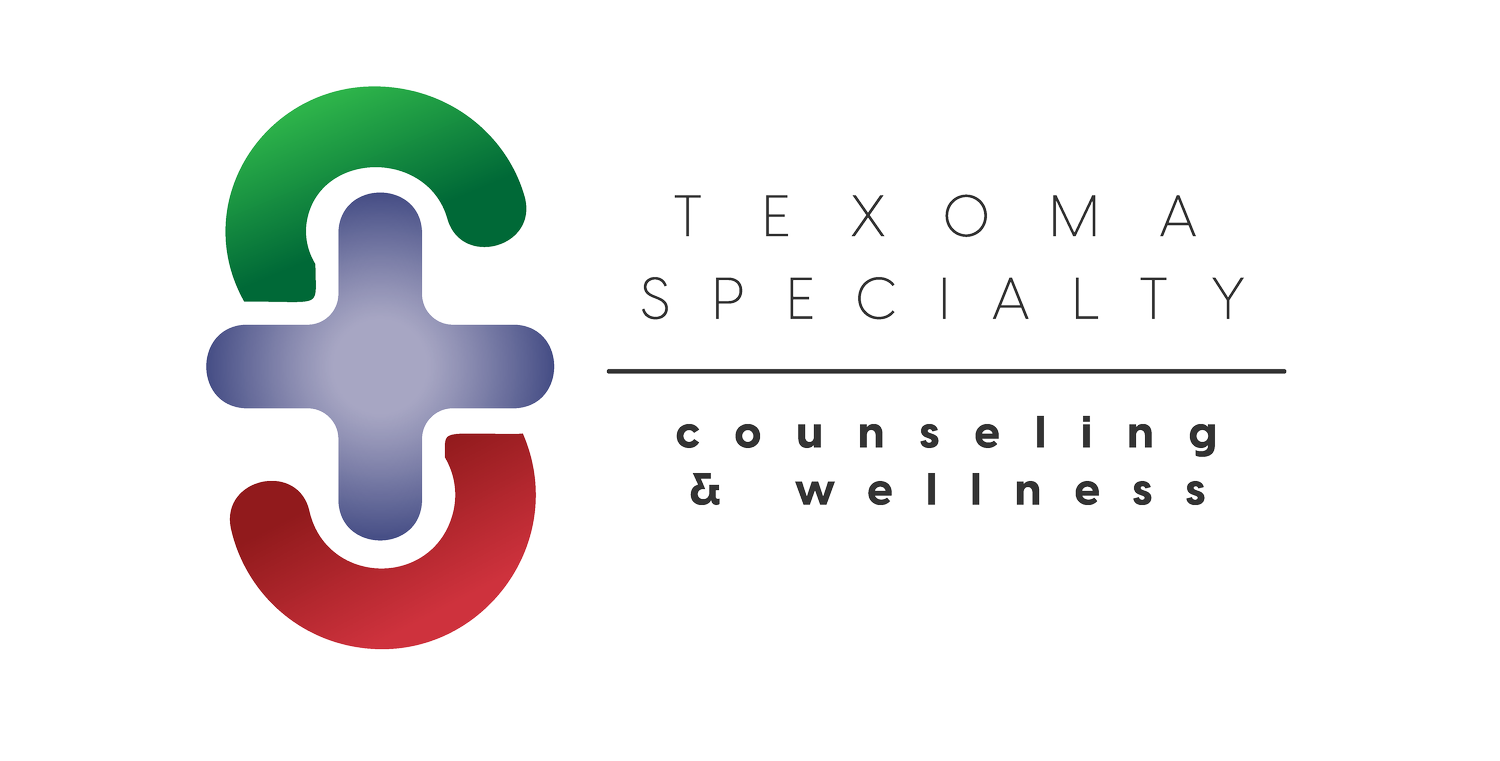So You are Getting Divorced… Divorce and Your Child’s Happiness
Divorce is difficult.
You loved a person so much that you decided to vow the ultimate commitment. There was love, respect, admiration, and lust at one time, but somewhere along the line that changed. Relationships end for a many number of reasons. Whatever the reason, divorce is never easy. Divorce is the end of an important relationship. There will be grief, similar to a death. You are going to experience a lot of emotions, and they are all OK. You may experience anger, depression, bargaining, denial, acceptance, and a lot of other emotions (*Kubler-Ross & Kessler, 2007). Your feelings about the divorce are justified. Divorce is complicated for the couple, so imagine how complicated it can be for children.
As adults we get to choose whom we marry. Children do not get to choose their parents. Children are born with an innate desire to bond and connect with their parents. Children see their parents together and see a family. A divorce alters the dynamic of the family and can alter how children adjust. Divorce can impact children in the following ways:
· Changes in behavior
· Isolation
· Crying/tearfulness
· Decreased grades/academic performance
· Decreased motivation in activities and hobbies
· Aggression and anger
· Verbal outbursts at home and/or school
· Argumentative
· Nightmares
· Changes in sleep and/or appetite
· Depression
· Anxiety
· Decreased self-esteem
· Self-harm and suicidal ideation
However divorce does not have to traumatize or emotionally harm children. Both parents can impact how well a child accepts and adjusts to divorce. Children can positively accept and adapt to divorce. Here are some ways you can help your child deal with your divorce.
Avoid speaking negatively about the other parent in front of the child. Children develop self-esteem from their parents. A child knows they are half dad and half mom. Speaking poorly about the other parent will send a message to the child the child is also flawed. Although it may be difficult, try speaking only kindly about the other parent when the child is near.
Be honest. A child knows there is a problem, no matter how hard you tried to keep your child out of the conflict. The other parent may have done some terrible things but lying to children only causes confusion.
Talk to your child in an age appropriate manner. Remember your child knows something is wrong and the best thing is to be honest with your child. However children do not need to know all the details. Perhaps you are getting divorced because of infidelity, you can say, “mom/dad’s feelings changed and he/she choose to break a rule of the relationship”. Older children will be able to hear the other parent had an affair but the best thing is to answer children’s questions as honestly as possible. Children just need the facts, not all the details.
Keep your child involved in activities. It is important to try to keep your child’s routine as normal as possible. Both parents should attend events and practices as normal. Remember you are not divorcing the child. Finances can and will change during a divorce. This will also impact children’s ability to participate in activities. Talk to your child and be honest. Allow the child to participate in their favorite activity and be honest why participation in other activities may change.
Children will experience a lot of emotions about a divorce. Children experience the same exact emotions as adults, they just don’t have as much experience or coping skills available to deal with them. Understand your child may have different feelings than you. You may feel sad, but your child may feel mad. Help your child by acknowledging the feelings you see and offering ways to help the child feel better. When you feel sad what makes you feel better? Perhaps that will also help your child feel better?
Address issues with the other parent and not the child. Avoid quizzing and questioning children about the other parent. You don’t want your child to feel like a spy. Your child wants to be loyal to both of you and does not want to be put in the middle.
Remember you are divorcing but the child is not. The child’s love will not change, even though your love has changed. Children do not have to experience emotional and behavioral upset during a divorce. The manner in which both parents respond to children while going through a divorce will help children accept the change and have happiness.
It can be hard to talk to children about divorce. Divorce hurts. If you need help talking to your child about divorce or need support for helping your child accept a divorce it is OK to ask for help. Please ask for help if you notice your child is experiencing any of the issues listed above.
If you or your child need help dealing with divorce please Contact Dr. Stephanie Waitt, LPC for help.


